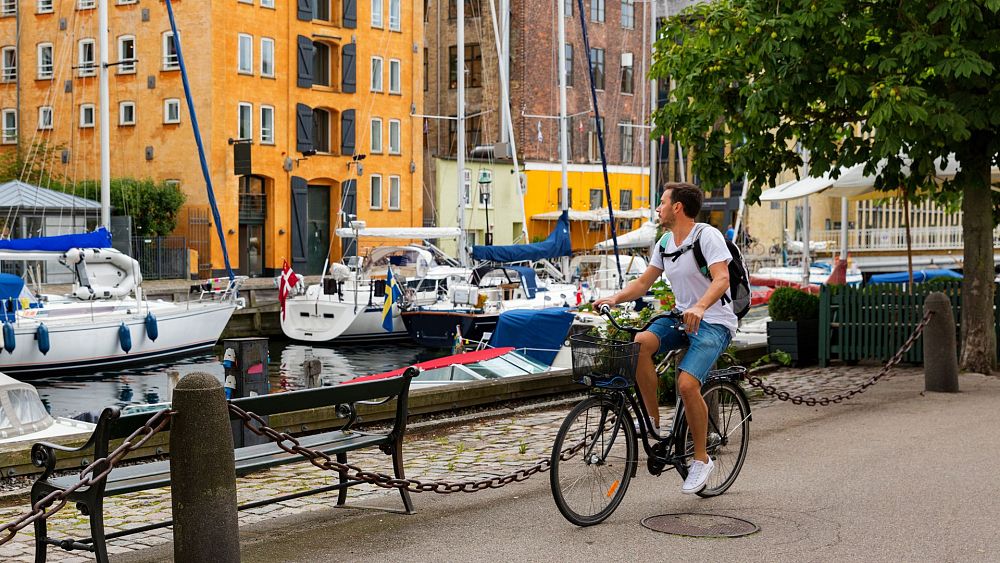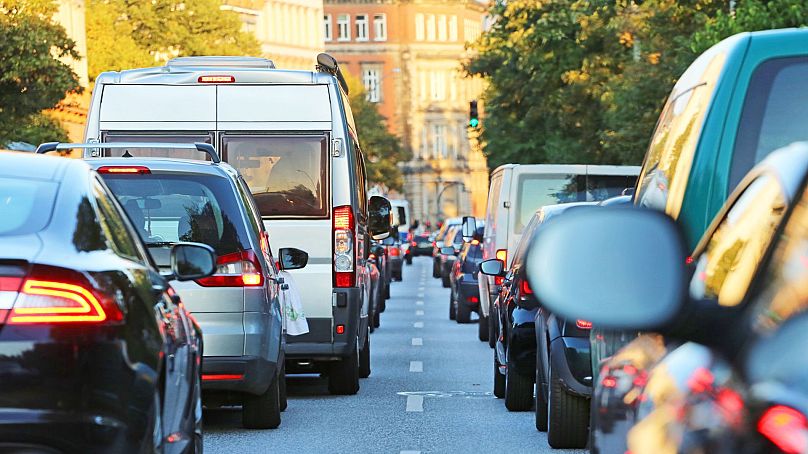
For many of us, getting to work means mornings trapped behind the wheel in a traffic jam, or jostling for space in a rammed subway carriage.
But across Europe, an increasing number of people are swapping cars and buses for bikes.
Biking is great for your health – and a fantastic alternative to carbon-intensive and gas-guzzling transport.
So which European countries have the best cycle to work schemes – and which are lagging behind?
Which countries in Europe have the best cycle to work schemes?
Plenty of European countries have cycle to work schemes – but not all are created equal.
The Netherlands offer a mileage allowance
Dutch people cycle an average of 2.6km per day. If this pattern was replicated worldwide, one study suggests, annual global carbon emissions would drop by 686 million tonnes – more than the UK’s entire carbon footprint.
The government encourages this healthy habit by offering bike commuters a ‘mileage allowance’.
Since 2006, businesses have rewarded bike-riding commuters €0.19 per kilometre, a spend the government allows them to deduct from their tax bill. This mileage allowance was previously only available to drivers who could claim it to cover the cost of fuel. It was expanded to cyclists in 2007 – and since bikes don’t require expensive petrol, cyclists can simply pocket the money.
A commuter cycling 10 kilometres per day five days a week could earn about €450 a year from the scheme.
Belgian cyclists have embraced the scheme
Belgium offers a similar scheme to the Netherlands, with commuters able to claim €0.24 per cycled kilometre. It’s widely adopted – according to the Brussels Times, one in five employees of small and medium-sized Belgian enterprises received a bicycle allowance in the first half of 2022.
France increased its number of active cyclists
French commuters can claim up to €0.25 per kilometre they cycle to work, up to a yearly cap of around €200.
Results from the pilot phase, in which 18 companies were involved, showed a 50 per cent increase in the number of active cyclists.
Italian rules differ between cities
In Italy, access to cycle to work schemes depends on which local government authority you live in.
In Bari – the capital city of Italy’s Puglia region – bike commuters receive €0.21 for every kilometre they cycle to work (up to a cap of €25 a month).
The national government also offers commuters mobility vouchers towards the purchase of a new bike.

United Kingdom and Luxembourg
Some countries don’t offer per-kilometre credits, but do offer incentives to purchase equipment.
In Luxembourg, people who cycle to work can deduct up to €300 from their personal income tax in order to purchase a new bike.
In the UK, employees of businesses signed up to the official cycle to work scheme can purchase a bike through their employer. They can claim up to 32 per cent of the actual cost of the bike off in tax deductions.
Why should you cycle to work?
Across Europe, governments are looking to implement bike schemes. In Spain, the government is considering a new ‘En Bici al trabajo’ programme that would pay staff to cycle to work.
There are multiple benefits to hopping on your bike. One study suggests that people who cycle to work have a 45 per cent lower risk of developing cancer, and a 46 per cent lower risk of cardiovascular disease.
Shunning the car is also a great way to bring down your carbon footprint.
The transport sector accounts for a quarter of global fuel-related greenhouse gas emissions, with half coming from private vehicles, including passenger cars and trucks.
Cars also clog the air with hazardous chemicals and gases.

